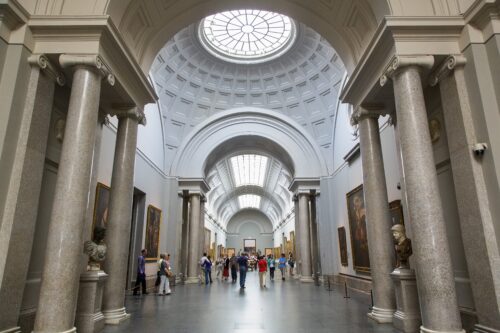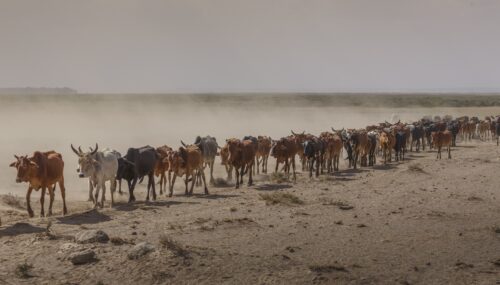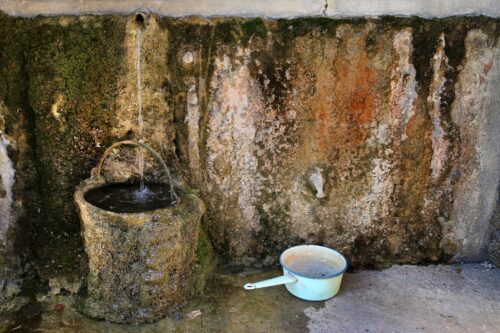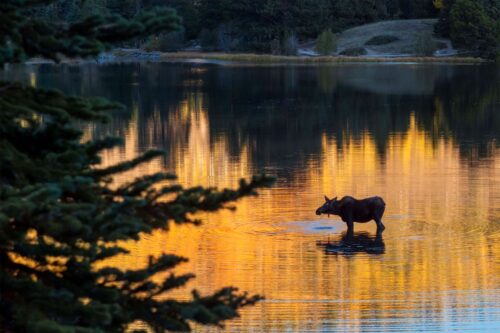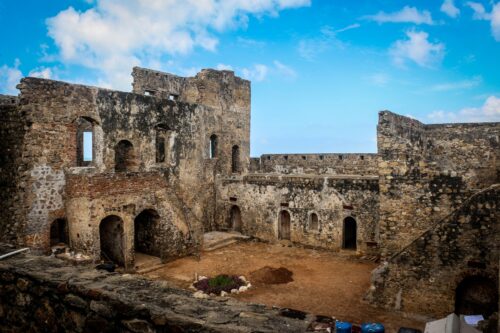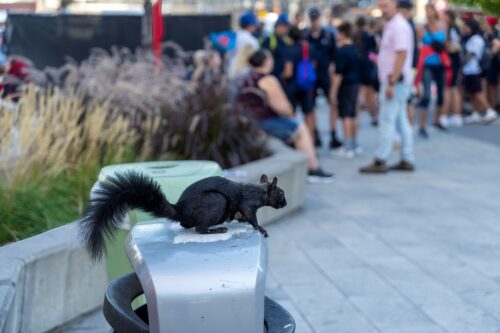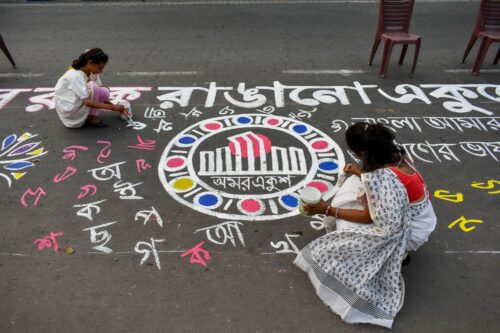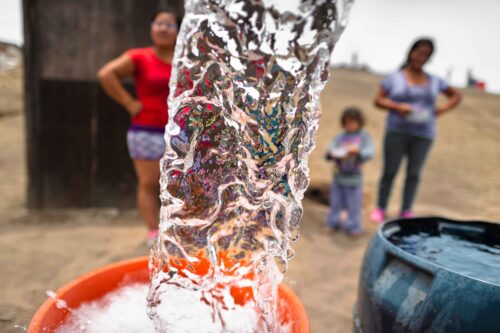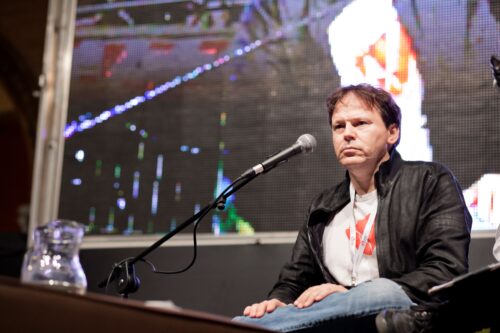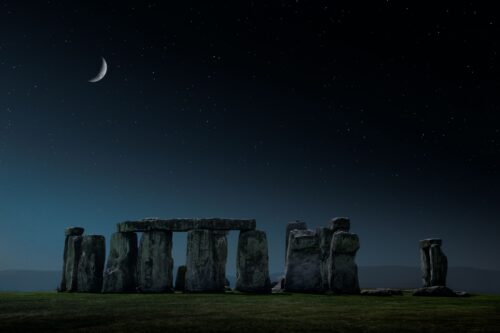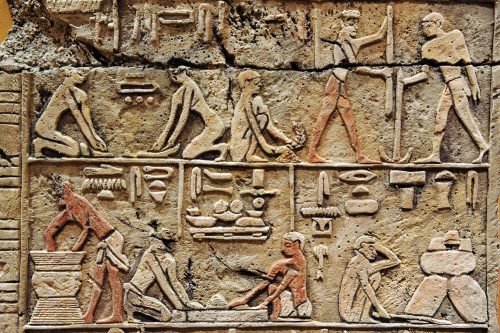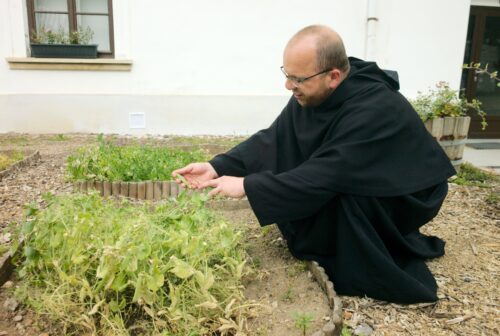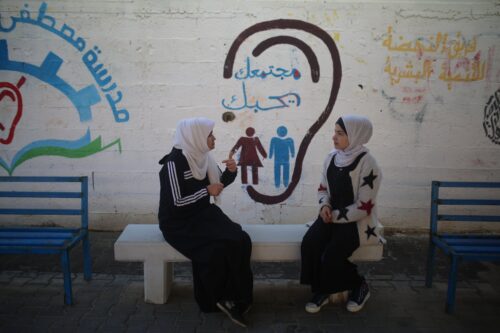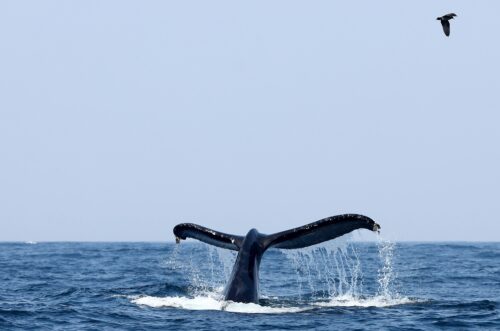Racism by any Other Name Is Still Racism
After the bombing of Pearl Harbor by Japanese forces in December 1941, President Franklin D. Roosevelt signed and issued Executive Order 9066 in the name of national security. More than 120,000 Japanese-Americans from California, Oregon, and Washington were forcibly removed from their communities and taken to internment camps, without due process. The Granada Relocation Center in southeastern Colorado, known as “Camp Amache” by the detainees, was one of 10 internment camps established by the U.S. War Relocation Authority. On August 27, 1942, Camp Amache received the first group of Japanese-American detainees. By the time it closed in 1945, more than 10,000 people had lived at Amache.
More than 75 years after Executive Order 9066 was signed, we reflect on how the lives of detainees changed and on the similarities between that order and Executive Order 13769, a travel ban signed by President Donald Trump on January 27, 2017. The original 2017 order placed restrictions on the entry of citizens from seven Muslim-majority countries. In the film, two young Muslim-American leaders provide their perspectives on the travel ban, the threat of a Muslim registry, anti-Muslim propaganda, and the increase in anti-Muslim hate crimes since the 2016 U.S. presidential election.



